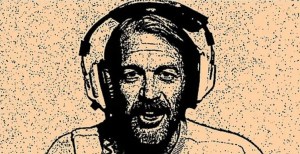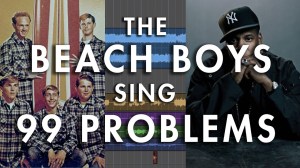In a phantasmic TED-Ed lesson written by Christopher M. Moreman and directed by Kaspar Jancis, narrator Addison Anderson explains the dark history and evolution of zombies from their origins as a traditional belief of death amongst African and Caribbean nations, particularly within Voodoo practices, to the more commonly associated always-hungry, flesh-eating undead.
Zombies have a distinct lineage— one that traces back to Equatorial and Central Africa. For three centuries, African people were enslaved and brought to the Caribbean Islands. There, a religion known as vodou developed, along with the belief that a person’s soul can be captured and stored, becoming a body-less zombie.

This latter category was propagated by famed director George Romero, who was the first to introduce this flesh-eating, undead varietal in 1968 with Night of the Living Dead. This version of zombie continued on with other pop culture phenomenons such as Return of the Living Dead, 28 Days Later, and The Walking Dead.
Over the following decades, zombies appeared in many American films, usually with loose references to Haitian culture, though some veered off to involve aliens and Nazis. Then came the wildly influential 1968 film “Night of the Living Dead,” in which a group of strangers tries to survive an onslaught of slow-moving, flesh-eating monsters. The film’s director remarked that he never envisioned his living dead as zombies. But from then on, zombies became linked to an insatiable craving for flesh…






